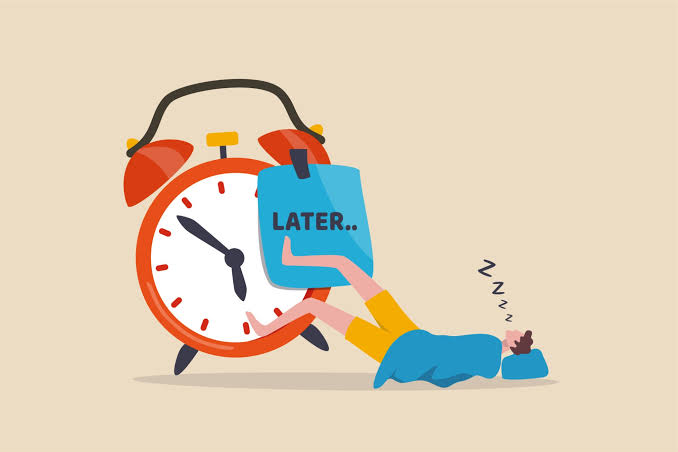#mentalhealth
#MentalHealthMatters
#MentalHealthMatters
#Thread 🧵🧵🧵
How to recover from Mental Exhaustion ❤️🩹❤️🩹
#MentalHealthMatters
#MentalHealthMatters
#Thread 🧵🧵🧵
How to recover from Mental Exhaustion ❤️🩹❤️🩹

🌱 Take a break: Step away from whatever task is causing the exhaustion and take a break. This could be a short walk outside or simply taking a few minutes to relax and breathe.
🌱 Get enough sleep: Ensure that you're getting enough restful sleep each night to help recharge your brain and body.
🌱 Exercise: Exercise can help relieve stress, increase endorphins, and improve overall mood.
🌱 Practice mindfulness: Try to be present in the moment and focus on your breath to reduce stress and anxiety.
🌱 Connect with loved ones: Spend time with people who bring you joy and offer support.
🌱 Limit exposure to technology: Take a break from social media, emails, and other digital distractions to reduce stress.
🌱 Eat a balanced diet: Fueling your body with healthy foods can help improve energy levels and boost overall health.
🌱 Try relaxation techniques: Techniques such as deep breathing, meditation, or yoga can help calm your mind and reduce stress.
🌱 Set boundaries: Learn to say "no" to things that don't serve your priorities and set boundaries to avoid overextending yourself.
🌱 Practice self-care: Take time to do things that bring you joy and make you feel good, such as reading, taking a bath, or listening to music.
@threadreaderapp unroll
• • •
Missing some Tweet in this thread? You can try to
force a refresh

 Read on Twitter
Read on Twitter









